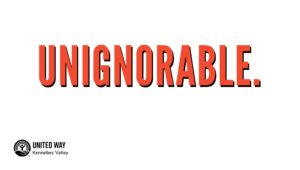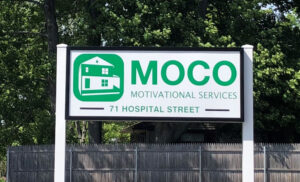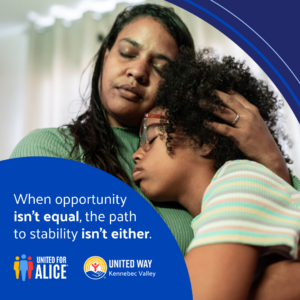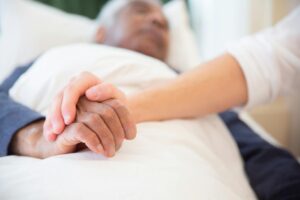My name is Dorianne. I am 24 years old and live here in Central Maine. I have been here for over five years now, and during that time, I have never struggled financially as much as I have this past year.
Lately, I have been living with a major scarcity mindset because I have no real alternative at the moment. This isn’t the first time money has been tight for me, but it is the first time I have seen it strip my life down to its bare bones. Being in your mid-20s comes with its own set of challenges, as I’m sure many of you know.
Food insecurity, scrambling to afford gas each week for work, consistently being late on bills, and having no ability to save any money—these are huge issues that I, along with so many of my peers, face every day. I am grateful to have family to live with, as I cannot afford rent and utilities. Honestly, I doubt I will be able to live alone and become self-sufficient anytime soon—maybe not even in the distant future.
At this point, I have had to sacrifice much of my social life, which has cost me friendships. Paying bills on time is more important than a weekend with friends, right? Living this way has dulled my life down to a cycle of “home, work—home, work” with no third place and no clear way forward. If it weren’t for my job at the Teen Center, I would feel completely isolated by my financial situation.
My job at the Teen Center has kept me afloat in several ways, one obviously being financial. I have been working hard to move up in pay and pick up extra shifts bussing tables when I can. I am also fortunate to receive some state assistance, such as health insurance through MaineCare and a small monthly SNAP/EBT benefit.
While state programs can be incredibly helpful, they can also be a barrier to financial progress. Due to MaineCare’s income limits (the maximum gross monthly income for a single person my age is $1,733), if I were to accept full-time hours or a higher pay rate, I would have to give up my MaineCare and SNAP benefits.
That means I would need to earn at least $1,000 more per month just to maintain my current financial position—assuming that extra income would go toward covering the costs MaineCare no longer would.
Some of those costs are obvious: prescriptions, therapy, and doctor’s appointments—services I rely on regularly. But beyond that, there are the everyday necessities: gas, food, toiletries, and household items. If you have a pet or children? The costs add up even faster.
And then there are the things that aren’t strictly “necessities” but still impact quality of life—things that now fall into the “luxury” category. If I want to afford any of these, I have to save and budget for months because I rarely have any spending money.
Take my car, for example. It’s essential for getting to and from work, yet the costs of registration, snow tires, maintenance, and unexpected repairs are overwhelming. Even something as simple as a car wash—something many people do on a whim—becomes a luxury. But in the winter, with all the road salt, that “luxury” becomes maintenance.
One moment that left me in utter disbelief happened recently when I received a letter from a property management company. I had applied for a waitlist for low-income housing months ago, and when I finally opened the letter, I was rejected for having “income/assets insufficient to afford housing costs.”
Right now, I feel beaten down by my financial present and future. I am stuck between working part-time and just surviving or taking the risk of full-time work and hoping I can achieve true financial stability. Either way, at this moment, I cannot afford an independent adult lifestyle.
To close, I want to acknowledge that people like me need loud and clear advocacy. I am constantly told by older peers and family members that I “just need to work harder” to get ahead. But clearly, working hard isn’t the issue.
The issue is the fear and reality of not having enough money to make it to the next payday. The issue is the lack of livable wages and the rising cost of basic necessities.
Thank you all for being here this morning. Thank you for listening—not just hearing my story, but truly listening. People like you and me are the ones who will make change happen. And I don’t know about you, but I won’t stop talking about this until everyone in Maine can afford not just to survive—but to live and thrive.







